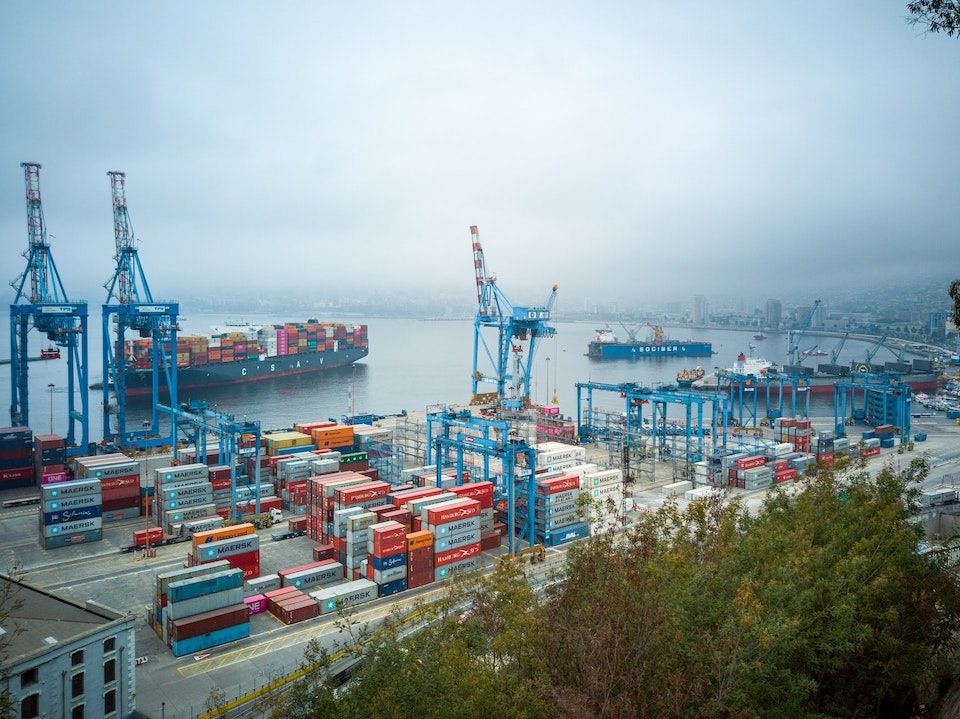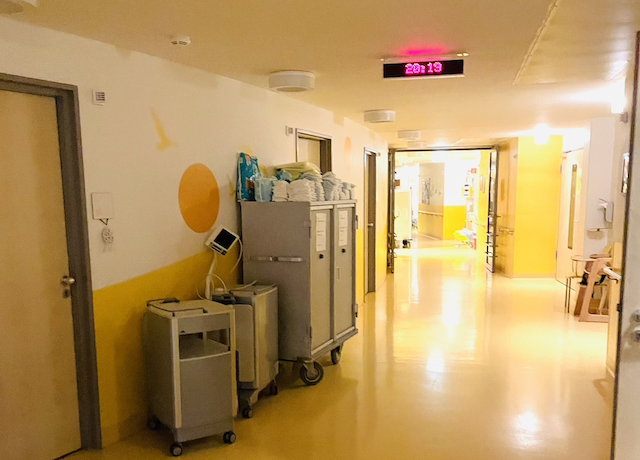The Reason behind Medicines’ Shortage
Why rising production and logistics costs are causing medication scarcity on generics.
Pharmaceutical products' production and logistics costs have significantly increased, particularly for generic drug manufacturers. The Bundesinstitut für Arzneimittel und Medizinprodukte (BfARM) provides a list on pharmanet.bund, indicating the affected medicines. This list includes over-the-counter and prescription drugs, including numerous essential medications for infectious diseases, cancer, autoimmune diseases such as multiple sclerosis and Crohn's disease. Nearly all of these are chemically synthesized generics, i.e., medications whose patent protection has expired, now produced and distributed by numerous manufacturers. Biologics are not yet affected. Although many equivalent products with the same active ingredient from other manufacturers or similar drugs in the same therapeutic class can be obtained, the shortage highlights a more significant problem. The importance of generics to medicine is apparent from the fact that they contribute at least 95% of the pharmacological benefits, and over 80% of all sold medication doses in Germany are generics.
As with all companies, generic drug manufacturers can only produce and transport medication from Asia or Eastern Europe to wholesalers if the total cost of doing so is lower than the sales price to the wholesalers. Otherwise, the manufacturers will lose money. This appears to have already resulted in production restrictions. But why have production and logistics costs increased so much?
 Photo by David Vives
Photo by David Vives
Global Supply Crisis
The financial crisis and Covid-related lockdowns had already disrupted global supply chains, and the highly complex network of global specialization in the production and distribution of goods was significantly disrupted. This resulted in a supply crisis that has not been seen since the end of World War II: there is not enough production to meet global demand. There is a shortage of chemical precursors for active ingredients, important machine parts for production, or these have become too expensive. Companies are producing significantly fewer goods and services.
This crisis has intensified since February 2022, with the Ukraine war, as the exclusion of Russian energy sources from the Western market has driven up the prices of production for all goods due to energy prices. This applies not only to Europe but also to the whole world due to the global nature of energy markets. These price increases lead to a drastic increase in production and transportation costs for all goods. Due to the increasing uncertainty after the recent terrorist attacks on infrastructure, insurance costs for shipping are also rising, resulting in a significant increase in logistics costs overall.
Another price-increasing mechanism that affects medicines and many other products is the general inflation that has arisen from central bank money production. Despite countermeasures, the price increases will continue because there is still too much money circulating that wants to be spent - but the goods are missing.
Generic and OTC manufacturers are particularly affected
Generics manufacturers are particularly affected by these cost increases caused by the supply shock, the rise in logistics costs, and general inflation because the production and logistics costs represent a much larger percentage of the selling price than for original product manufacturers. Before the crisis, the manufacturing component for these products accounted for 5 to 15% of the selling price, depending on the product, whereas generics manufacturers had to spend over 40% on it.
Although precise figures are not yet available, in some cases, the increase in production and logistics costs may now be so significant that production is no longer viable. What can manufacturers do? There is little room for cost savings on the OTC side of things, and while the logistics costs could be reduced by optimizing shipping routes, there is no doubt that these changes would be insufficient.
The shortage of pharmaceuticals, particularly generics, has been caused by the sharp increase in production and logistics costs. The root causes of this problem are complex and multifactorial, including supply shocks, inflation, rising insurance costs for shipping.





